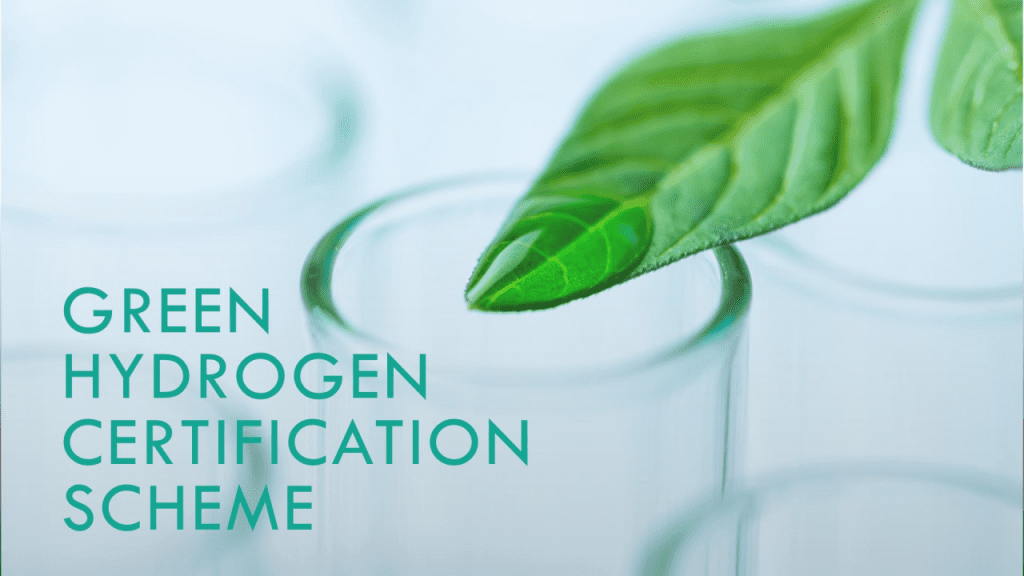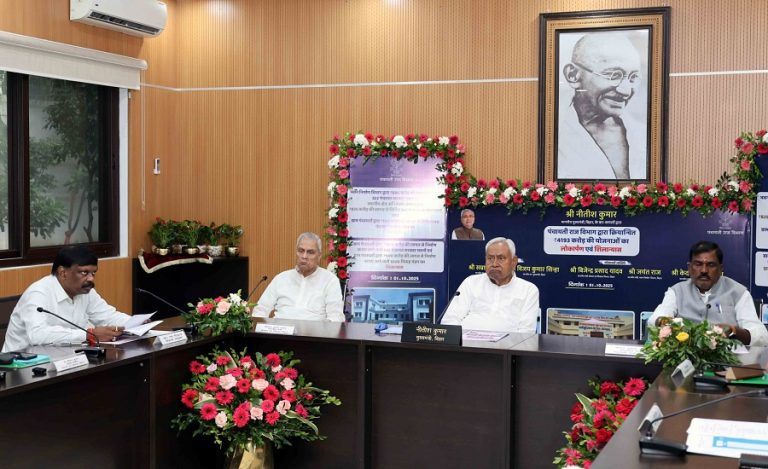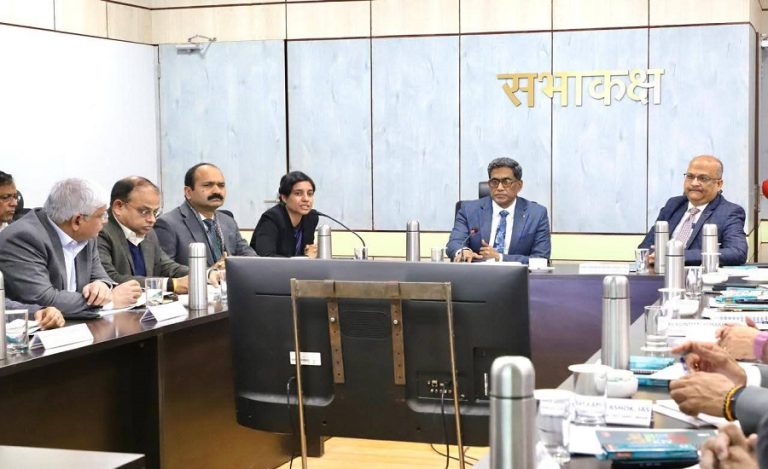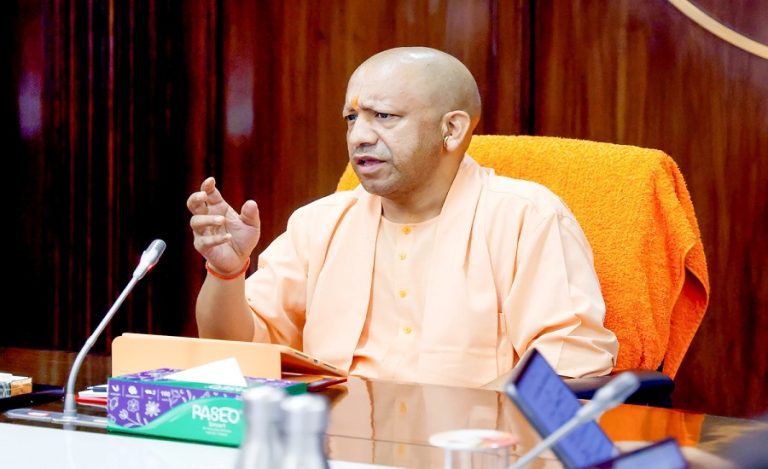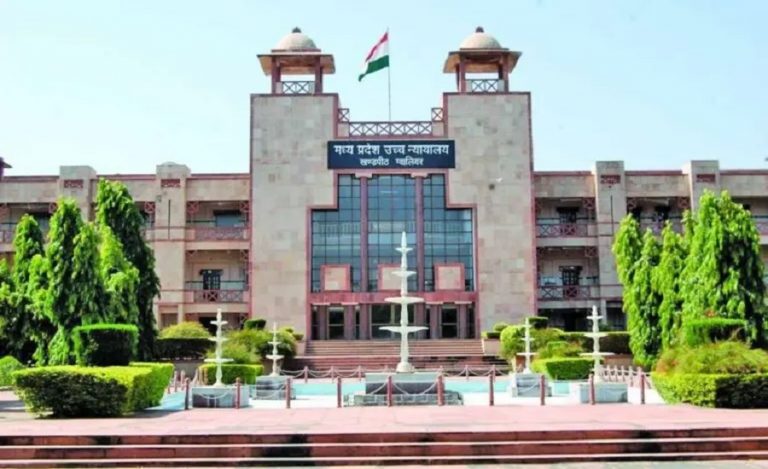New Delhi: In a landmark move to advance India’s green energy ambitions, Union Minister for New and Renewable Energy, Pralhad Joshi, launched the Green Hydrogen Certification Scheme of India (GHCI) on Tuesday. The scheme aims to establish a transparent and credible framework for certifying green hydrogen production, marking a crucial step in India’s efforts to build a self-reliant green hydrogen ecosystem.
The announcement came during the National Workshop on Opportunities for Micro, Small & Medium Enterprises (MSMEs) in the Green Hydrogen Supply Chain, organized by the Ministry of New and Renewable Energy (MNRE). In his inaugural address, Joshi emphasized the government’s commitment to innovation-led growth, stating that MSMEs will be the backbone of India’s energy transition, particularly in achieving the objectives of the National Green Hydrogen Mission by 2030.
“MSMEs, through their innovation and localized solutions, will play a pivotal role in our mission to establish a sustainable and scalable green hydrogen economy,” said Joshi.
Over 300 participants from across the stakeholder spectrum – including MSMEs, policymakers, technology developers, and international institutions – attended the one-day workshop. The event featured four thematic technical sessions, covering:
- Technology collaboration and component indigenisation
- Business opportunities for MSMEs in the green hydrogen value chain
- Decentralised hydrogen production through biomass
- Investment strategies and financing mechanisms
Certification is crucial to ensure that Green Hydrogen is truly green. With the defined standards in place, we now have a coordinated approach. Our Green Hydrogen will carry a mark of quality and credibility, making it globally desirable and export-ready.#GreenHydrogen pic.twitter.com/IYWBhM4FLw
— Pralhad Joshi (@JoshiPralhad) April 29, 2025
MNRE Secretary Santosh Kumar Sarangi underscored the importance of capacity building, technology access, and financing tools to empower MSMEs. He reaffirmed MNRE’s focus on developing institutional support and robust infrastructure to facilitate MSME participation.
Financial institutions like the World Bank, IREDA, KfW, and IIFCL discussed blended finance models, de-risking strategies, and accessible green credit lines to support small businesses entering the sector.
Panelists also highlighted the potential for decentralised hydrogen production using biomass, especially in rural settings, aligning with circular economy principles and localized energy needs. Experts advocated for Green Hydrogen Clusters, shared R&D platforms, and long-term policy signals to encourage private investment and economies of scale.
The ministry noted that the workshop marked a significant step toward mainstreaming MSMEs in India’s clean energy transition. Many MSMEs expressed active interest in contributing to the sector, particularly in manufacturing components, operations and maintenance, and rural hydrogen initiatives.
India is poised to emerge as a global manufacturing hub for electrolysers, fuel cells, and green hydrogen technologies, and Tuesday’s announcements underline a broader strategy to make the clean energy shift inclusive, technology-driven, and MSME-friendly.

